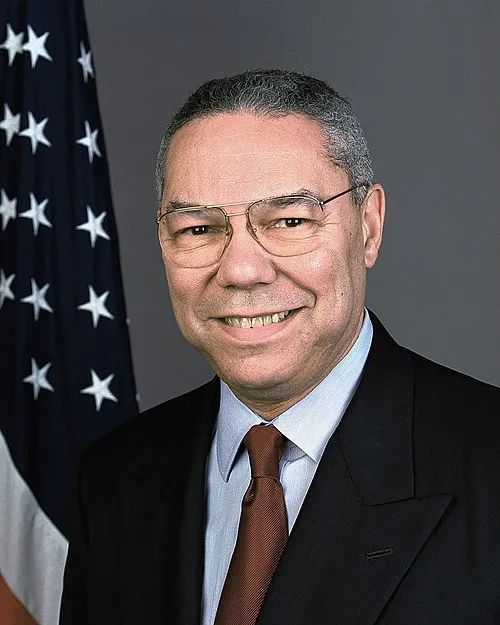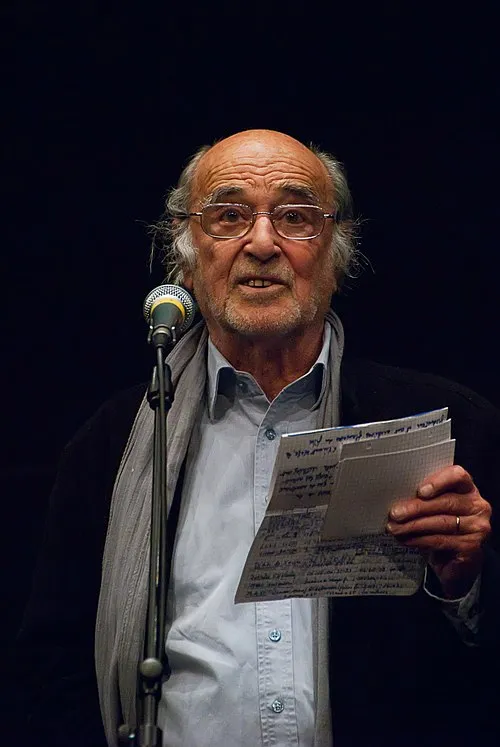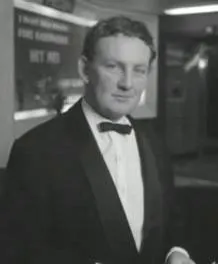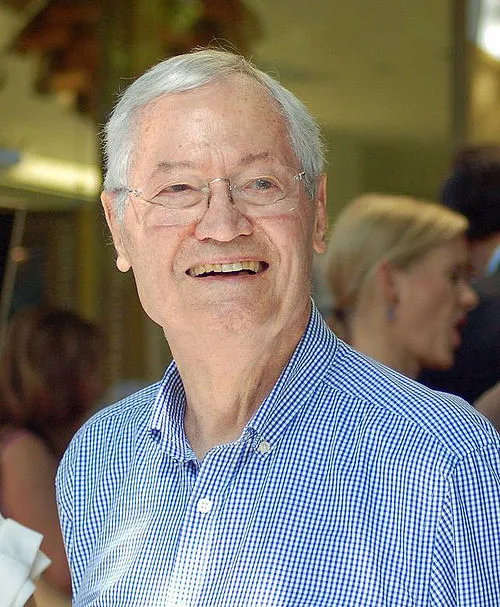
Name: Les Binks
Birth Year: 1951
Nationality: Irish
Profession: Drummer and songwriter
Les Binks: The Rhythm Behind the Legacy
In the early 1950s, amidst a backdrop of post-war recovery and burgeoning rock 'n' roll, a child was born in Ireland destined to shape the sound of music for decades to come. Les Binks entered this world in 1951, cradled not only by his family but also by the pulsating rhythm of drums that would soon become his lifelong passion. As he grew up in Dublin, it was clear that music wasn't just a hobby; it was an integral part of his identity.
However, unlike many drummers who might have begun their journey through traditional routes perhaps by learning classical pieces or performing at local events Binks’ path took on a more unconventional trajectory. His childhood was marked by an insatiable curiosity and a keen ear for music that transcended genres. He spent countless hours listening to records from American rock legends and jazz greats alike, absorbing influences that would later color his own musical compositions.
By the time he hit his teenage years, Binks had not only picked up drumsticks but had also formed bands with friends, navigating through Dublin's vibrant pub scene. These formative experiences ignited a spark within him; each gig came with its own set of challenges yet brought exhilarating moments under dim lights with rowdy crowds a true rite of passage for any musician.
Ironically, it wasn’t until he made the bold decision to relocate to England in pursuit of broader horizons that things truly began to take off for him. In those early days across the Irish Sea, Binks encountered both opportunity and adversity a double-edged sword typical for aspiring artists trying to carve out their niche in an ever-evolving industry.
In London’s bustling music scene during the late 1960s and early 1970s an era bursting with creativity Binks found himself amidst some incredible talents. He joined bands like "The Buddies," which played dance halls across England before ultimately catching attention from industry insiders who saw potential in their sound. It wasn’t long before he secured stints with notable groups such as "Judas Priest" the heavy metal titans whose thunderous tracks would resonate throughout history.
Binks’ drumming style became synonymous with power and precision; every strike seemed deliberate yet organic a true testament to his artistic ethos. Despite this newfound recognition within Judas Priest’s ranks, there were challenges along the way; internal dynamics often led members down divergent paths or fueled creative differences over artistic direction.
Perhaps one could argue that one of Les Binks' most significant contributions during his tenure with Judas Priest was on their iconic albums “Sin After Sin” (1977) and “Stained Class” (1978). Not only did these works solidify Priest’s position within heavy metal lore but they showcased Binks’ innovative approach to drumming a blend of traditional techniques infused with modern flair that captivated audiences worldwide.
With each album released under the label of excellence came increasing pressure; expectations mounted as fans clamored for more explosive performances laden with intricate solos the type characterized by breathtaking stamina! Ironically though, as fame heightened around him through headlining tours at massive arenas globally... Les felt an inner conflict brewing regarding personal aspirations versus collective ambitions shared among bandmates!
The culmination emerged during recordings when tensions escalated due partly due differing visions between hard-hitting melodies vs softer ballads captivating radio airplay! For someone so steeped into artistry seeking authenticity... Perhaps walking away felt like relinquishing control over one’s legacy but sometimes change is necessary!
Bink’s departure from Judas Priest opened doors leading him back towards diverse collaborations spanning genres ranging from jazz-fusion ensembles alongside prodigious talents like Gary Moore while continuing fostering creative projects under various aliases! Each endeavor reflected explorations outside conventional boundaries breaking new ground musically whilst highlighting adaptability thriving despite shifting contexts all around him throughout decades ahead!













